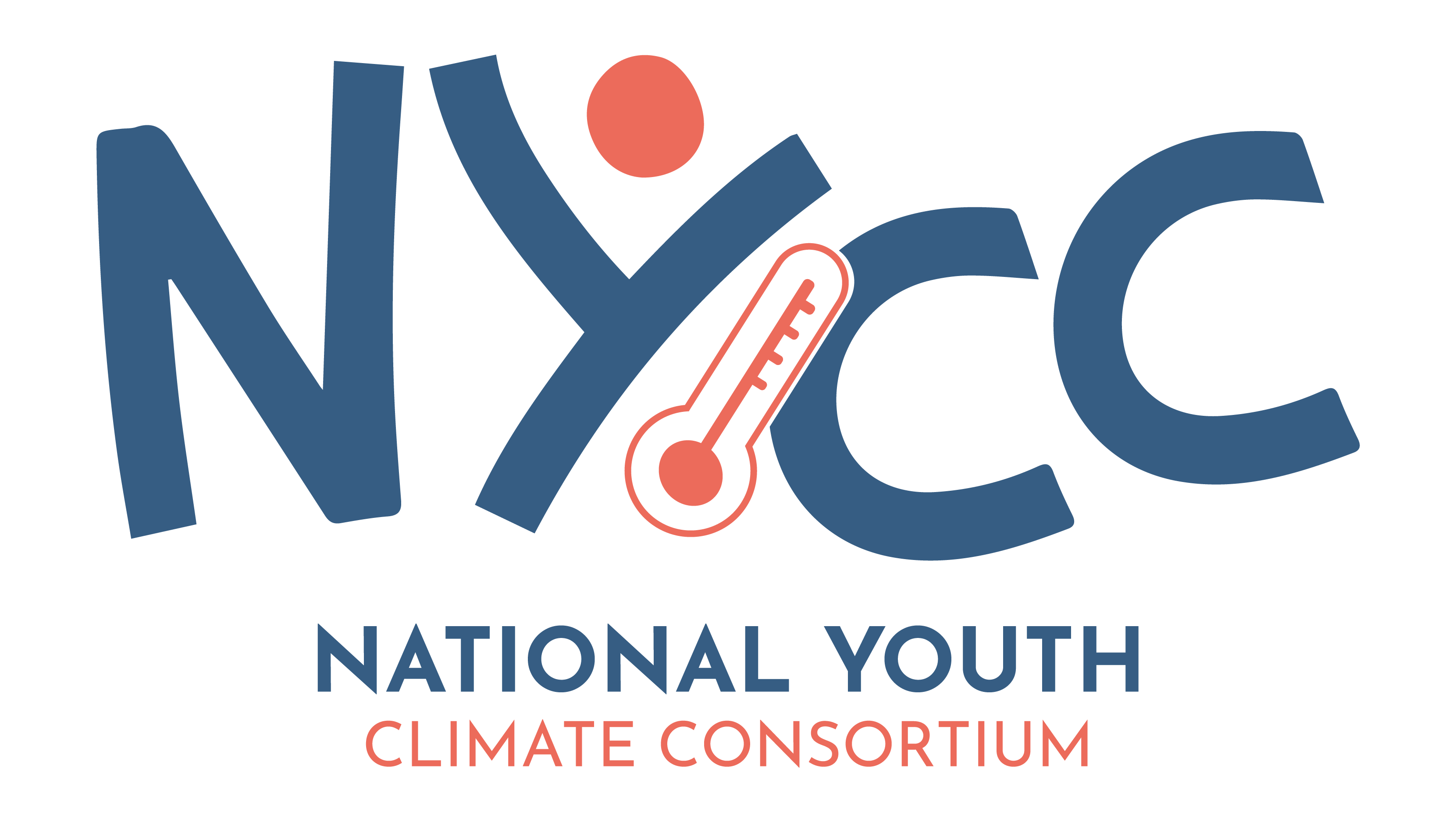Our Champions
Lorem ipsum dolor sit amet, consectetur adipiscing elit. Pellentesque ante quam, ultrices nec vulputate et, egestas et quam. Lorem ipsum dolor sit amet, consectetur adipiscing elit. Quisque vestibulum, nunc in finibus condimentum.
Lorem ipsum dolor sit amet, consectetur adipiscing elit, sed do eiusmod tempor incididunt ut labore et dolore magna aliqua. Ut enim ad minim veniam, quis nostrud exercitation ullamco laboris nisi ut aliquip ex ea commodo consequat.
Lorem ipsum dolor sit amet, consectetur adipiscing elit, sed do eiusmod tempor incididunt ut labore et dolore magna aliqua. Ut enim ad minim veniam, quis nostrud exercitation ullamco laboris nisi ut aliquip ex ea commodo consequat.



Ankita is also the co-founder of ASMITA, a youth-led feminist organization focusing on local governance and creating youth participation in tribal regions. Through ASMITA, she has directly reached over 350 adolescents and 100 youth, empowering them to build collectives that advocate for their rights and promote sustainable green jobs. The organization actively campaigns against illegal coal mining and collaborates with local administrations to address environmental concerns. Ankita’s grassroots leadership is shaping a generation of young activists committed to environmental justice and community empowerment, driving meaningful change across Jharkhand's tribal areas.


Ankita is also the co-founder of ASMITA, a youth-led feminist organization focusing on local governance and creating youth participation in tribal regions. Through ASMITA, she has directly reached over 350 adolescents and 100 youth, empowering them to build collectives that advocate for their rights and promote sustainable green jobs. The organization actively campaigns against illegal coal mining and collaborates with local administrations to address environmental concerns. Ankita’s grassroots leadership is shaping a generation of young activists committed to environmental justice and community empowerment, driving meaningful change across Jharkhand's tribal areas.


As a trainer and community facilitator, he has mobilized approximately 650 people, focusing on empowering individuals with intellectual and developmental disabilities through training in organic farming and related activities. His work has enabled over 450 youths to develop careers resilient to climate change.
Throughout his career, Dhakshina has collaborated with government bodies to implement developmental projects and enhance participatory planning, consistently striving to improve climate change solutions and promote sustainable development in his community.

With three years of experience in the development sector, she has focused on livelihood generation, enterprise development, and climate change-related activities. Beni has successfully mobilized around 5,000 youth in Nagaland and empowered over 3,350 women through Self-Help Groups (SHGs) in Gujarat, working across three blocks. Additionally, she has engaged with 4,000 farmers in 70 villages to promote sustainable agricultural practices and tree planting initiatives.
As a member of a tribal community, Beni is passionate about youth and women empowerment, sensitizing them to the importance of environmental stewardship and sustainable development. Her efforts aim to create resilient communities that can adapt to the challenges posed by climate change.

With CAP Foundation and Plan International, Prashanth conducted awareness programs and worked with Gram Sabhas to improve community resource management. His role in organizing COP events with the Council for Green Revolution further highlights his commitment to sustainable practices and collective climate action.
Prashanth’s leadership and dedication to community engagement position him as a key figure in driving youth-led climate initiatives.

Previously, Lekhashri served as a fellow in the Chief Minister’s Climate Resilient Village Fellowship in Assam. During her time in Nabill Village, Dhanshiri subdivision, she conducted a comprehensive study under the guidance of Dr. Himangshu Kaushik Bora, Principal Scientist at CSIR-NEIST. This involved organizing focus group discussions with community members, social workers, and village leaders to understand local climate issues. She also carried out a household survey among 80 families, identifying major concerns such as soil erosion and drought.
To tackle these challenges, Lekhashri facilitated awareness programs that connected villagers with irrigation policies and demonstrated how to prepare biofertilizers using local resources. Her initiatives culminated in a successful plantation drive, further promoting sustainable practices within the community.

Hina has also trained 150 women in football stitching to help them start micro-enterprises, and created a youth collective for girls aged 14-25 working on climate awareness. Through her grassroots efforts, she has transformed her community, advocating for clean energy, cleaner roads, waste-free water bodies, and increased greenery.


He has actively engaged with more than 1,000 young people, particularly in the Hitku Panchayat of East Singhbhum, where he collaborated with local Panchayati Raj Institution (PRI) members to raise awareness about climate change. One of his key achievements was forming a Panchayat-level Climate Action Committee composed of local youth, facilitating active community participation in climate resilience efforts.
Naveen's work extends to five government middle schools, where he introduced nutrition gardens, providing students with hands-on experiences in biodiversity and sustainable agriculture. Through his initiatives, Naveen is fostering a generation well-versed in climate issues and eager to drive meaningful change. His passion for collaboration positions him as a catalyst for collective climate action across India.

Through her organization, ARPAN, she has mobilized over 200 young people across 35 villages in the Didihat, Kanalichhina, and Dharchula blocks. In May 2024, during a significant forest fire crisis, Priyanka successfully organized community members and local Panchayat leaders to extinguish fires threatening their village, underscoring her belief in the power of collective action and local governance.
Her vision includes creating a model campaign that unites young people, village leaders, and government entities to address forest fires through community-based prevention measures. With a goal to reach 600 young people aged 12 to 22 over the next two years, Priyanka is committed to integrating climate-resilient practices into local development plans, focusing on sustainable agriculture, water conservation, and enhancing forest health.

Her climate work centers around advocating for waste workers and domestic laborers to be recognized as contributors in climate action. Nidhi has mobilized more than 500 young people and engaged in policy discussions on heat action plans, demanding better working conditions such as water breaks and cooling shades, and pushing for a just transition for construction workers by training them in sustainable technologies like fly ash bricks and solar panel installation. She is committed to ensuring the participation of vulnerable communities in addressing the climate crisis.




As a Gandhi Fellow, Rashmi spearheaded menstrual health initiatives, conducting awareness programs and facilitating access to sanitary products for young girls and women. Her work has helped break taboos surrounding menstruation, promoting better hygiene and health practices in her community.
Her involvement in the THC Chhattisgarh project under RMNCH-A enabled her to lead capacity-building sessions for local leaders, focusing on reproductive and adolescent health. Rashmi also worked on tribal healer certification programs, integrating traditional knowledge with modern healthcare approaches to enhance community health services.
Additionally, she has contributed to policy development in TB Mukt Bharat, aligning local healthcare initiatives with national objectives. Rashmi's efforts reflect her passion for empowering women and youth to lead healthier, more sustainable lives, and her commitment to integrating health and environmental advocacy.

Past seven years she saved more than 60 girls from child marriage, resolved 107 cases of domestic violence, connected more than 200 children back to school and saved more the 9 girls from trafficking. She touched more than 50 thousand lives so far. At present, she is working on her dream Project of building a rehabilitation centre in Bihar.


Shibani also focuses on empowering rural tribal youth, particularly girls, to become leaders in their communities by promoting sustainable practices and environmental stewardship. In addition to her work in climate advocacy, she shares her passion for the arts by offering free dance lessons to underprivileged children, using creative expression as a way to uplift and inspire others. Shibani’s efforts continue to mobilize communities towards meaningful, climate-positive actions.


Stanzin’s deep commitment to environmental education and advocacy has earned him recognition from local panchayats and features in publications like Better India and IDR Online. He is committed to bring local change in his community and bring the youth voices of climate action from his community to national platforms.

Tirthraj has successfully mobilized the youth from three villages—Baru, Dholiya, and Dedasari—engaging approximately 100 young individuals in his initiatives. His efforts extend to educational work in four government schools across slum communities, where he has worked with around 700 children over a period of six months to raise awareness about health, hygiene, and the importance of sustainability.
By integrating climate action with community-driven solutions, Tirthraj aims to create lasting, meaningful change, making villages more resilient and eco-friendly.





